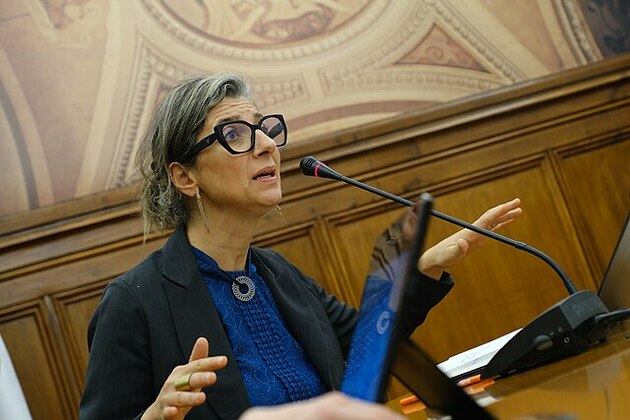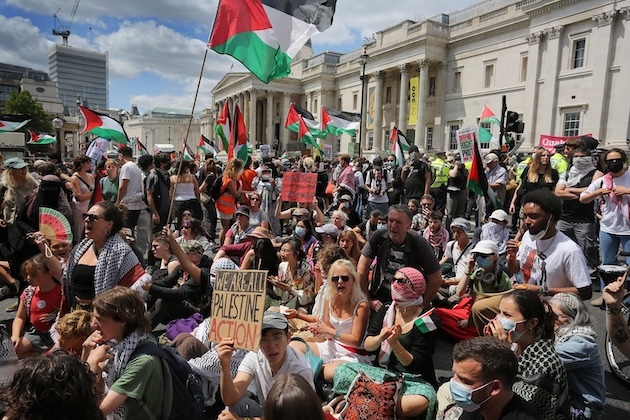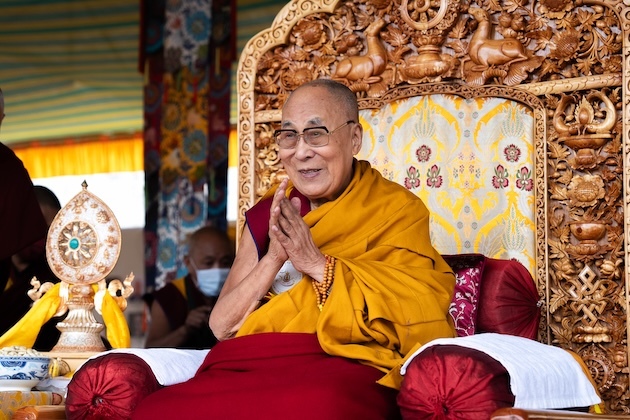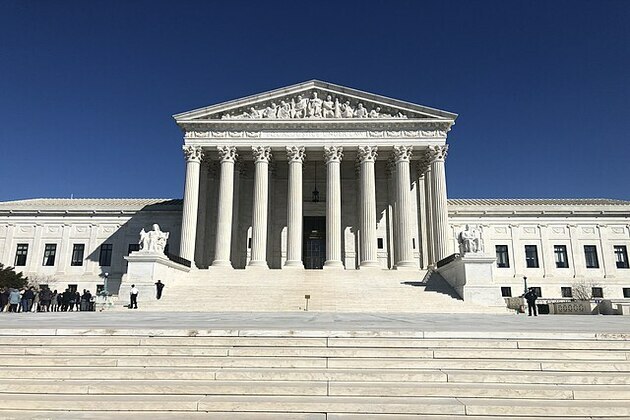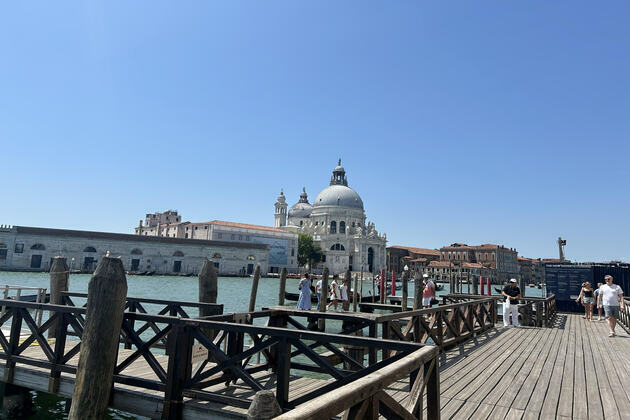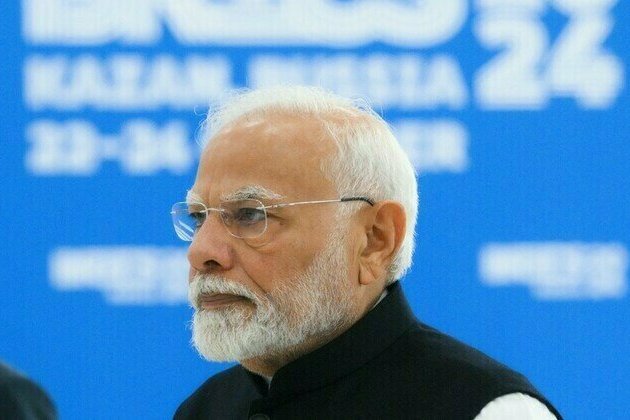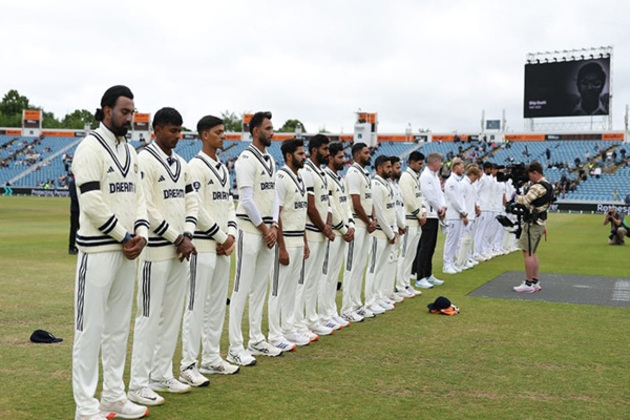Unrest across Iran continues under state's extreme gender apartheid
The Conversation
27 Sep 2022, 18:08 GMT+10
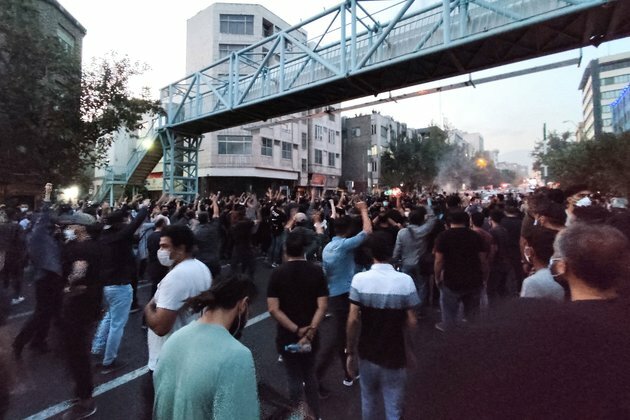
Unrest continues to erupt across Iran following the death of a 22-year-old Kurdish Iranian woman, who died after being arrested and reportedly beaten by Iran's morality police.
The Iranian force took Mahsa (Zhina) Amini into detention on Sept. 16, 2022, for not wearing her hijab according to the rules.
As of Sept. 26, at least 41 people have been confirmed killed and hundreds have been arrested and wounded in protests that erupted after Amini's death.
As a Kurdish-born scholar and a professor of Middle Eastern studies at the University of Central Florida, I have previously written about gender in Middle Eastern cultures and Iranian protests.
With the exception of bland condemnations, the discrimination against women in Iran is often overlooked while the world focuses on limiting the country's nuclear capabilities.
Some scholars and activists have criticized international law for its lack of initiative and public action in recognizing Iran's systematic discrimination against women as gender apartheid and acting to prevent it.
But many discriminatory laws, including those forcing women to cover their head and face with a hijab, honor neither tradition nor religion and are applied to women of all ethnicities and faiths.
After all, Amini was not a Shiite woman by ethnicity or religion.
Iran's gender apartheid
The 1979 Islamic Revolution established a republic that implements similar inhumane policies and practices of racial segregation and discrimination as practiced in South Africa under the government's former brutal apartheid regime.
The laws and policies in Iran establish and maintain domination by men and the state over women and their right to choose their own clothing or obtain a divorce. Systematic gender inequalities are prescribed legally and enforced by the regime to deny the women the "right to life and liberty" and "basic human rights and freedoms," which according to Article II of the United Nations' Apartheid Convention in 1973, are considered "the crime of apartheid."
For example, according to Article 18 of Iran's Passport Law, a married woman still needs written permission from her male guardian to travel abroad.
Women in Iran are unable to hold any positions within the judicial, religious and military systems, nor are they able to serve as members of the Assembly of Experts, the Expediency Discernment Council or the Guardian Council, the three highest councils in the Islamic Republic.
Women under law cannot be president or supreme leader of Iran. According to Article 115, the president of the Islamic Republic must be elected from among the "religious and political men."
In addition, the Iranian state has added discriminatory features to the criminal code - one such feature is the principle that the value of a woman is one-half of the value of a man.
That principle applies in matters involving compensation for a killing and in what a son or daughter receives from a family inheritance. They also apply in the weight given to legal testimony or in obtaining a divorce.
Such laws, policies and practices continue to mark women as lesser citizens, legally and socially unequal.
Segregation in daily life
The state also has imposed systematic segregation in schools, hospitals, universities, transportation, sports and other major areas of day-to-day life.
For many decades, Iran's gender apartheid had relegated women to the back of the bus with a metal bar segregating them from men.
Under the government's direction, universities have set limits on women's options and have banned them from many fields of study.
Iran has generally barred female spectators from soccer and other sports stadiums since the 1979 revolution.
Clerics play a major role in decision-making and have argued that women must be shielded from the masculine atmosphere and sight of semi-clad men during sporting events.
Under such discriminatory policies, the Persian terms such as za'ifeh, meaning weak and incapable, has found its way into Persian dictionaries as synonyms for "woman" and "wife."
'Women, life, freedom'
Iran's notorious extrajudicial morality police have terrorized women for decades.
Like the articles of the Constitution of the Islamic Republic of Iran, principles of the morality police are founded on an interpretation of canonical Shiite texts and are implemented through modern tools of control and prosecution.
In international criminal law, specific unlawful acts that are committed within a system of oppression and domination are considered crimes against humanity.
As set out in the U.N.'s Apartheid Convention, these crimes include denial of basic rights that prevent a racial group or groups from participating in the political, social, economic and cultural life of the country.
Most known for the brutal regime in South Africa, apartheid comes from the Afrikaans word meaning "apartness." It was the ideology that was introduced in South Africa in 1948 and supported by the National Party government.
The compulsory hijab is at the center of what I call Iran's extreme gender apartheid, where a misplaced headscarf can result in up to 15 years in prison, lashing, fines and inhumane and unlawful arrest and death.
Several anti-compulsory hijab movements emerge every few years in Iran, such as in the case of Zhina Amini.
In the Kurdish language, her name originates from "jin," the word for woman and shares a root with the word for life, "jiyan."
Those Kurdish words are at the heart of the most used slogan by the Kurdish Female Fighters against the Islamic State in Iraq and Syria, and by women across Iran today against the Islamic Republic of Iran.
Add in "azadi" - the Kurdish word for freedom - and the slogan "Jin, Jiyan, Azadi" means "Women, Life, Freedom" and is resounding among protesters in streets throughout Iran and the world to dismantle the state's gender apartheid.
Author: Haidar Khezri - Assistant Professor, University of Central Florida 
 Share
Share
 Tweet
Tweet
 Share
Share
 Flip
Flip
 Email
Email
Watch latest videos
Subscribe and Follow
Get a daily dose of Cape Town Express news through our daily email, its complimentary and keeps you fully up to date with world and business news as well.
News RELEASES
Publish news of your business, community or sports group, personnel appointments, major event and more by submitting a news release to Cape Town Express.
More InformationInternational
SectionOver 60 companies named in UN report on Israel-Gaza conflict
GENEVA, Switzerland: A new United Nations report alleges that dozens of global corporations are profiting from and helping sustain...
UK lawmakers desigate protest group as terrorist organization
LONDON, UK - Lawmakers in the United Kingdom have voted overwhelmingly to proscribe the direct-action group Palestine Action as a terrorist...
Dalai Lama to address Buddhist conference, reveal succession plan
DHARAMSHALA, India: The Dalai Lama is set to address a significant three-day conference of Buddhist leaders this week, coinciding with...
US Supreme Court backs Texas efforts to shield minors online
WASHINGTON, D.C.: In a significant ruling last week, the U.S. Supreme Court upheld a Texas law requiring age verification for users...
Turkey, France battle wildfires amid early Europe heatwave
ISTANBUL/PARIS/BRUSSELS: As searing temperatures blanket much of Europe, wildfires are erupting and evacuation orders are being issued...
Venetians protest Bezos wedding with march through the town
VENICE, Italy: Over the weekend, hundreds of protesters marched through the narrow streets of Venice to voice their opposition to billionaire...
South Africa
SectionFun with fossils: South African kids learn a whole lot more about human evolution from museum workshops
South Africa has one of the world's richest fossil records of hominins (humans and their fossil ancestors). But many misconceptions...
Ruth First and activist research: the legacy of a South African freedom fighter
Ruth First, born 100 years ago, was a South African freedom fighter, journalist and scholar who worked against the racist system of...
World Book of Records Award Ceremony Held in India, Honouring Achievers across continents
SMPL New Delhi [India], July 3: World Book of Records Award Ceremony was held at The Park Hotel, honouring individuals from India...
Eco labels in South Africa don't do the job: how to help customers make informed choices
South Africans want to shop more sustainably, according to research published in the journal Sustainable Development. But most can't...
India is committed to BRICS Modi
Indias PM believes the platform will contribute to a balanced multipolar world order BRICS is a crucial platform for fostering cooperation...
India, England players wear black armbands to pay tribute to Wayne Larkins
Birmingham [UK], July 2 (ANI): Indian and England players were wearing a black armband before the start of play on Day 1 of the second...

